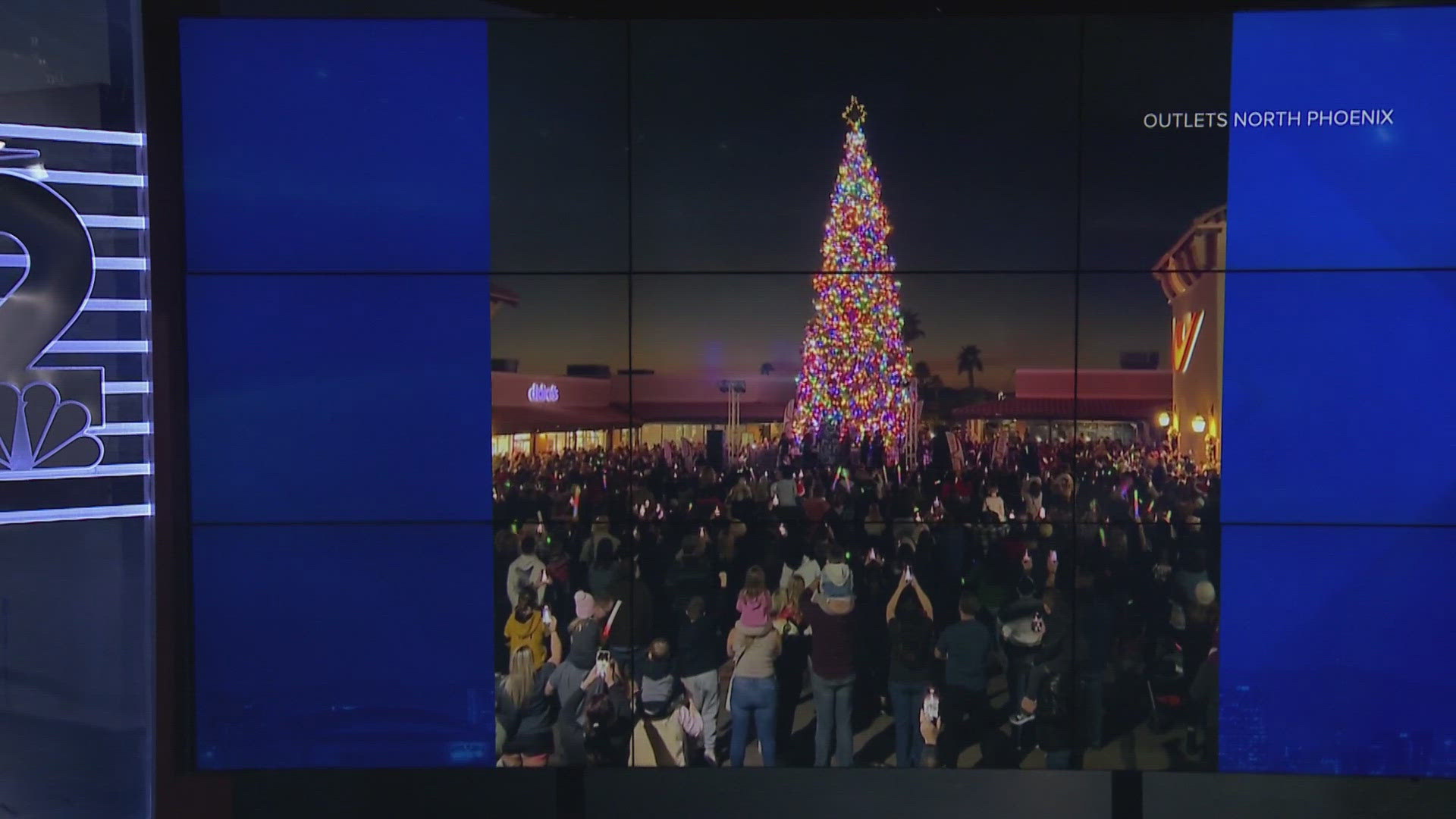The last time I interviewed Tempe Police Cmdr. Noah Johnson, he was at the scene of an early-morning SWAT team raid of a marijuana house.
Johnson oversees 80 officers who investigate everything from petty theft to violent assaults. But his weekly visits to a charter school campus for grades K-8 may be his most important police work.
"It's necessary, so necessary to interact with these kids so they see the human behind the police badge," Johnson told me. Johnson participates in the Tempe Police Department's Adopt a School program, which allows officers to volunteer an hour a week at a specific school.
This kind of volunteer work is especially necessary at Children First Academy, near Apache and McClintock. Most of the 230 children enrolled in the school are either homeless or in foster care. Many would have reasons to be distrustful of police.
"I ask him to come by in part to just let the kids know that the police aren't just here to cuff Mom or Dad or to cause problems," said Sharyn Logue, executive director of the charity arm of the charter school.
Logue relayed to me a recent conversation Johnson had with a first grader, which I've attached as video above. The girl asked Johnson if he knew her mother, who was in jail. The story conveys the disadvantaged plight many kids grow up in and the delicate role police officers can fulfill in our communities.
Johnson says by visiting with the children, he learns from their life stories and he hopes they learn not to believe all stereotypes about cops.
"A lot of these kids have these video games and they have a perception of what policing is, they ask a lot of questions about my gun, my Taser, my badge. It's a chance to just talk to them and it's often about what's going on in their lives, in sports," Johnson told me.
In the ebbs and flows of cable-news chatter, a trending topic right now is distrust between police and the public. Divides exist, no doubt. Police officers make mistakes and even commit crimes while wearing the badge.
But it seems like police departments and their communities would only benefit from more programs like Adopt a School.
"Distrust really comes down to typically a lack of communication, a lack of openness and transparency," Johnson said. "If I can break down some of those barriers when they are just starting to understand the bigger picture of life, then hopefully down the road when they see something in their street or on the news, they can have a different perspective."


